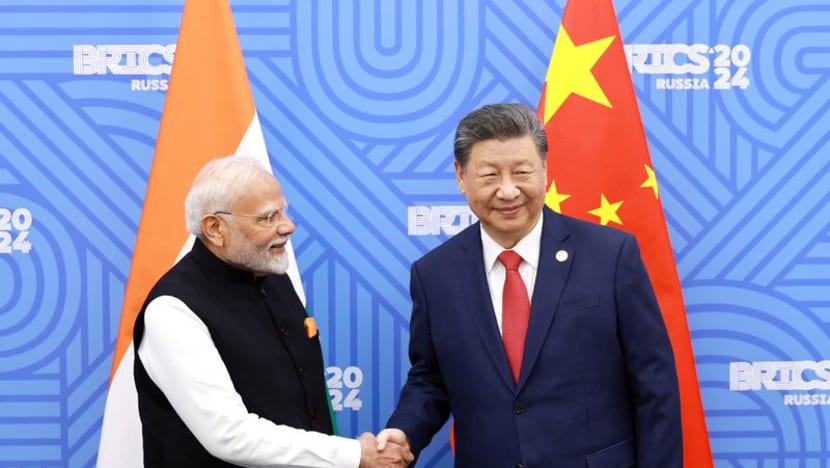

Amidst a backdrop of shifting global alliances and economic uncertainties, Chinese President Xi Jinping and Indian Prime Minister Narendra Modi met in Tianjin, China, on Sunday, August 31, 2025, on the sidelines of the Shanghai Cooperation Organisation (SCO) summit. This marks Modi's first visit to China in seven years. Both leaders emphasized the importance of a strong and stable relationship between the two nations, echoing the sentiment that the "dragon" and the "elephant" need to be friends.
Xi Jinping stated that China and India, as two ancient civilizations and the world's most populous countries, bear a "historical responsibility" to improve the well-being of their people, promote solidarity among developing countries, and contribute to human progress. He stressed that friendship and good neighborly ties are the "right choice" for both countries, envisioning a partnership that enables mutual success. Modi affirmed his commitment to advancing India-China relations based on "mutual trust, respect, and sensitivity".
The meeting comes at a crucial time, with the international landscape marked by "once-in-a-century transformations" and a fluid, chaotic situation. Both leaders acknowledged the importance of approaching their relationship from a "strategic height and long-term perspective". The talks are understood to have focused on long-term stability, trade cooperation, and navigating the global economic order amid turbulence created by trade policies.
Since their meeting in Kazan last year, Modi noted that relations have been moving in a positive direction. Following disengagement on the border, "an atmosphere of peace and stability has been created". Agreements have been reached regarding border management, the resumption of the Kailash Mansarovar Yatra, and the reinstatement of direct flights between the two countries. Modi highlighted that the interests of 2.8 billion people are linked to their cooperation, which will contribute to the welfare of humanity.
The economic dimension is central to the discussions, with both sides keen to explore ways to expand economic ties amid pressure on the trade relationship. Modi has emphasized the need for India and China, as major global economies, to work together to bring stability to the world economy.
Despite efforts to mend fences, challenges remain. The relationship between the two countries had deteriorated after a deadly border clash in 2020. Moreover, India's ties with the U.S. have experienced strain due to Washington's tariff policies. Some analysts suggest that China sees the trade war with the U.S. as an opportunity to draw India away from U.S.-led blocs like the QUAD.
Looking ahead, observers will be closely watching how the leaders characterize the India-China relationship and any subtle changes in language that could signal important diplomatic shifts. The SCO summit provides an opportunity for Modi to meet with other global leaders, including Russian President Vladimir Putin, underscoring India's strategic balancing act between major powers.